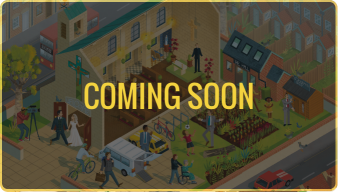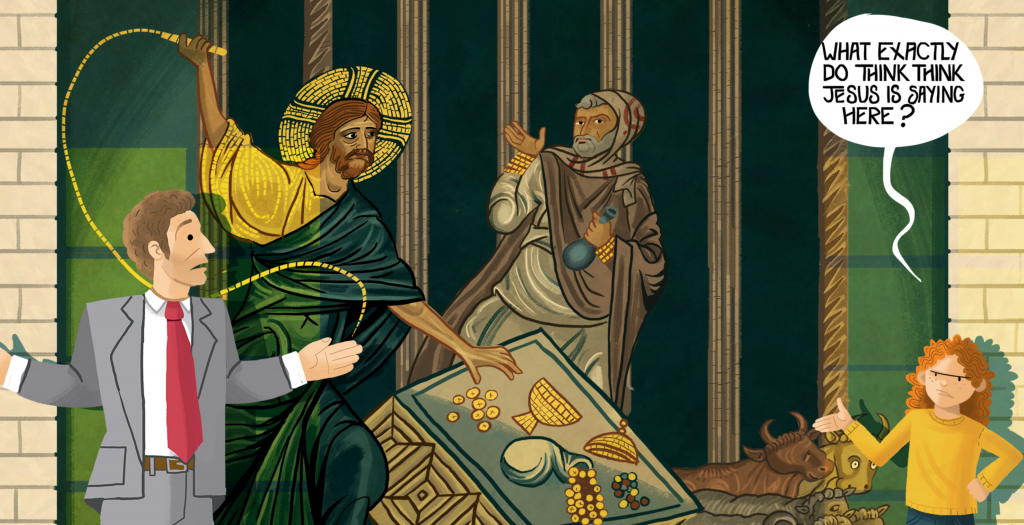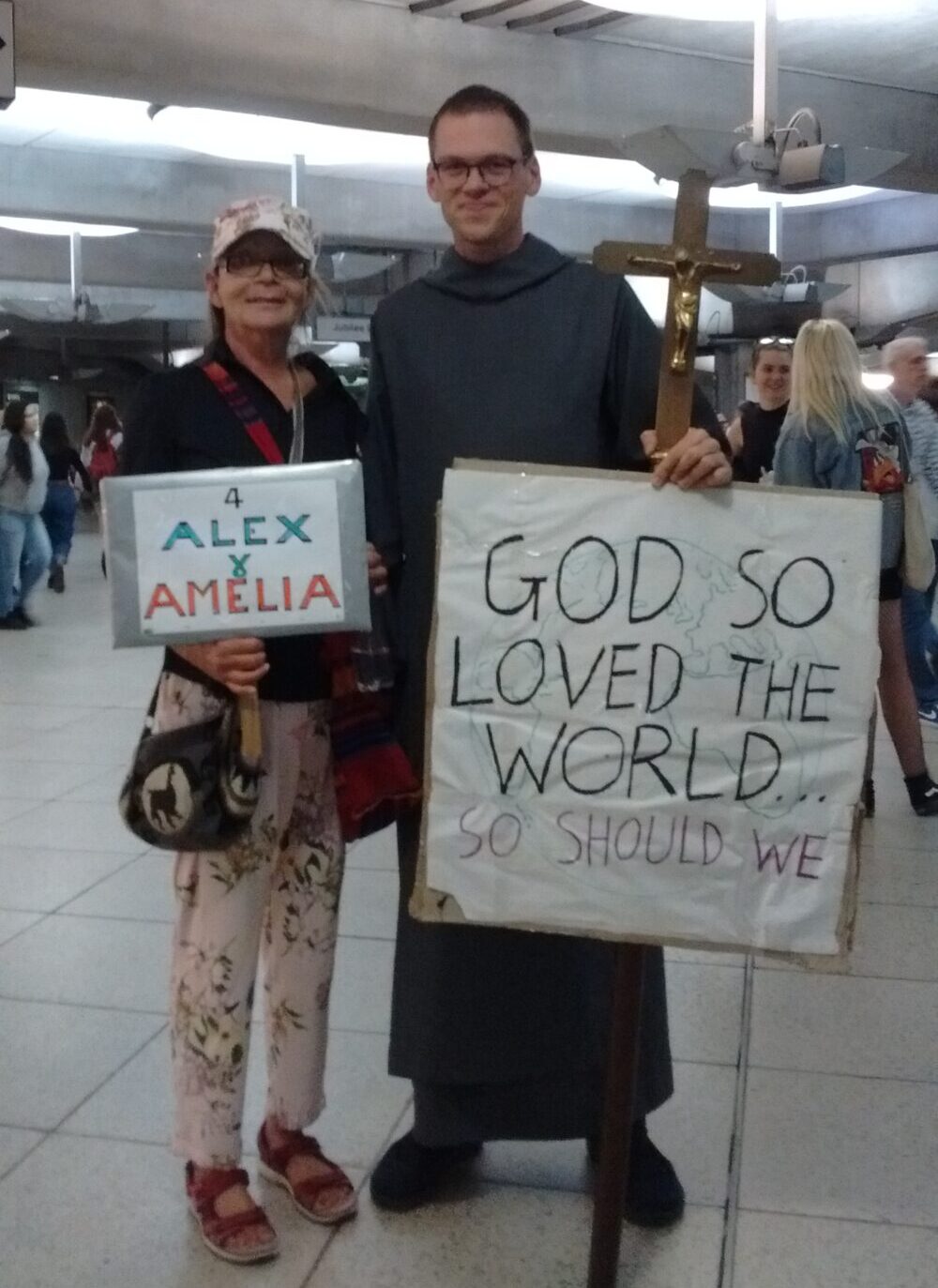Systemic Change
Systemic Change
SYSTEMIC CHANGE CATEGORIES

Community Organising
How to STRENGTHEN OUR WIDER COMMUNITY
Building coalitions in our wider community can strengthen civil society and bring lasting change. Can the parish help people become agents of change?

Almsgiving
CAN OUR PARISHES HELP TO RETHINK CHARITY
How can our almsgiving be done in a way that gives people the power to help themselves?
WORDS OF WISDOM













Driving the traders from the temple What does Jesus tells us about the need to change the systems that shape our behaviour?


It did not take me long trying to decide what image should illustrate the ‘systemic change’ section of the website. The story of Jesus turning the tables in the temple instantly sprung to mind. I thought I would share my thoughts as I was redrawing an image that has long been a central and puzzling part of our Christian tradition. When ‘Zeal’ for his house consumed Jesus.


“Everything is connected,” says Pope Francis – and he is right. Our technology allows us to buy things from anywhere around the world, connecting us to our global neighbours. We also share one atmosphere and one biosphere, (the giant interconnected web of life across our planet that allows us all to live and enjoy life). We live as a part of natural systems that provide life, and technological systems that allow that life to be shared globally through our economy.
When we enable businesses to use this technology in the pursuit of cheap goods and profits, rather than the good of all humanity, we allow them to exploit our human family and the natural world that sustains us. What is worse is that we all buy into it, through the way we shop or use things like transport, or even how we save our money. We vote for the world we want with every penny. Are we really surprised that our world is in such a mess? That our people are enslaved, poisoned or killed? Or is the suffering of the world and its people inevitable to allow us to have the comfortable and convenient lifestyles we thought we were buying? What would Jesus say about this?
“Stop making my Father’s house a market-place!”
JOHN 2: 16
We have become inconsistent with our faith and have a personal responsibility to act. But is much of the way we act because of the society that we live in? Do we do what is technically possible, rather than what is right? Like a weekend break to Malaga because it is cheap? When we destroy our planet and the livelihoods of those that depend on it, we commit Personal Sins and Societal Sins. So don’t beat yourself up about that one time you couldn’t recycle a crisp packet, ask why someone is putting sliced potato in an environmentally hazardous by-product. When Jesus drove the money changers from the temple he did not chase the people who were told they had to change money to get into the temple, he chased the money lenders themselves.
He was demanding a change in the system. A change in the way we treat what God has given us.


So perhaps, as well as making sure we are taking a personal responsibility in our own lives (which is essential for our own spiritual journey to a life of virtue), we need to consider who sold us these lifestyles in the first place and demand change on a bigger level.
So that every purchase we make improves the conditions of those who grew it, made it, shipped it; ensuring that the planet can provide for the future unborn. Everything we do is an act of love and every act of love is political. The Church has an obligation to engage in policy.
We therefore need to tackle the system we live in as well as our own personal efforts and those of our parish communities.
Whether this is taking to the streets in peaceful demonstration, building relationships with your local councils and members of parliament, expressing your concerns over legislation, or even congratulating those who are doing well, it is important that we engage in building a better system that takes into account the interconnected nature of our ecology, economics and human ecology, our intergal ecology.


About the Author
John Paul de Quay is co-founder of The Ecological Conversion Group and The Journey to 2030.


